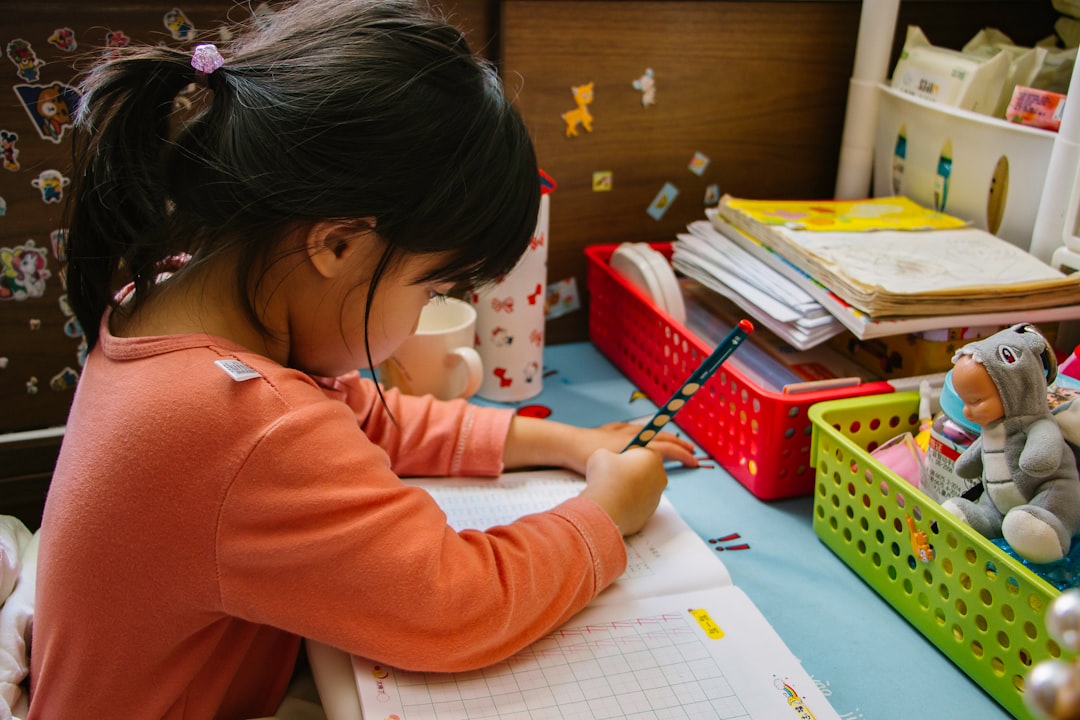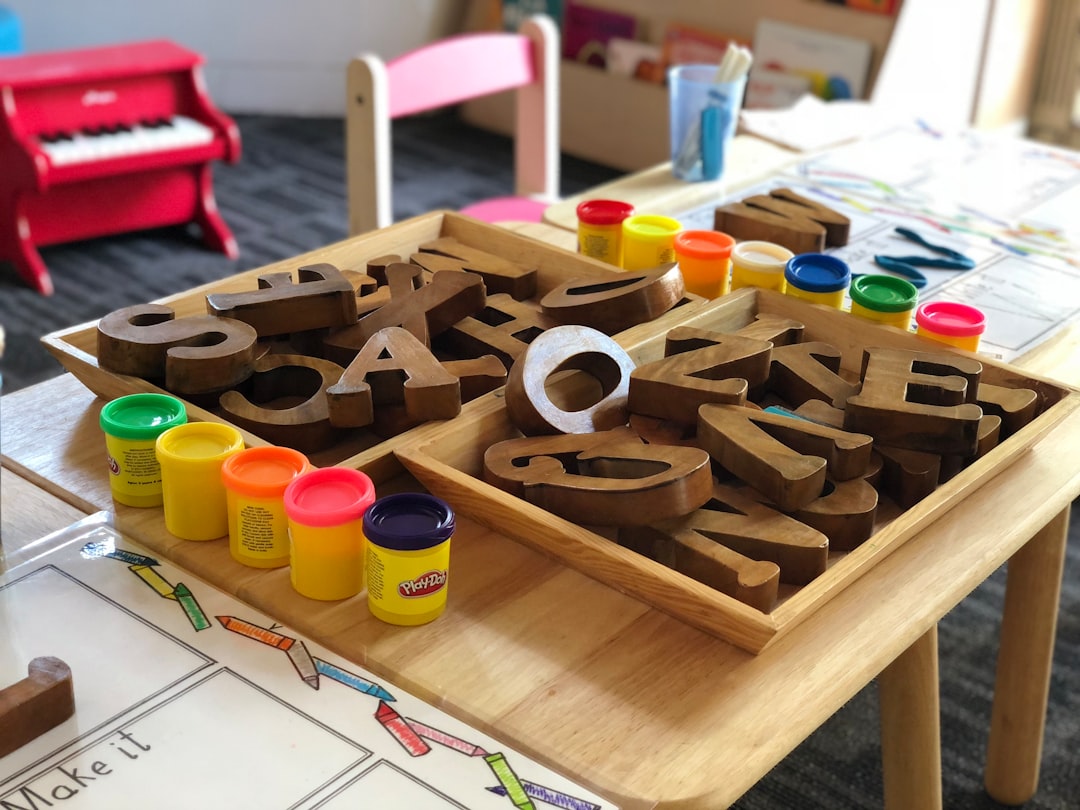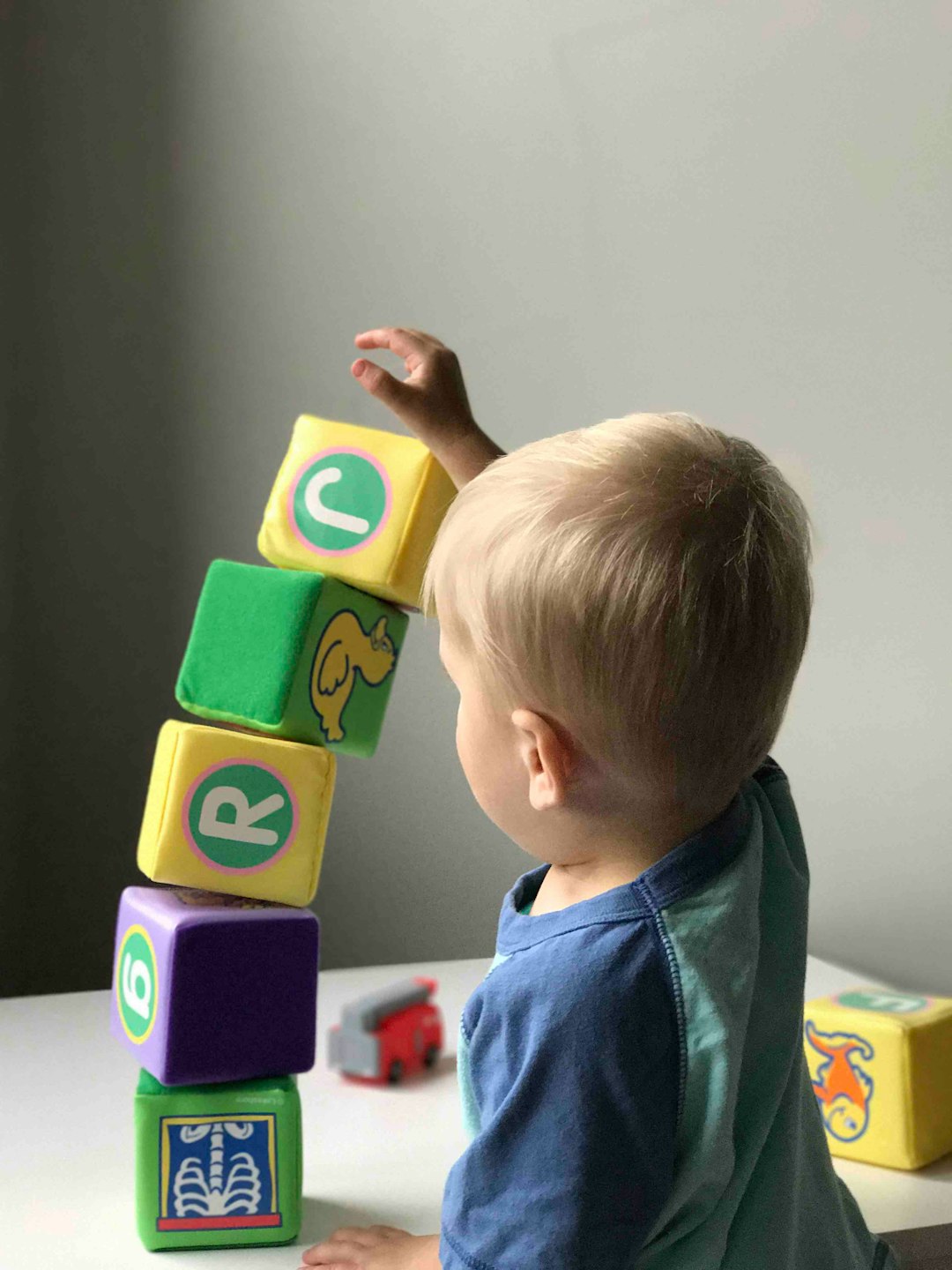Wichita, KS daycares face strict health and safety regulations enforced by the Health Department. Parents should consult daycare abuse attorneys to ensure compliance with cleaning, food handling, and waste disposal standards. Failure to maintain proper sanitation leads to fines, facility closure, and potential lawsuits. Proactive parent involvement, technological solutions, and educational workshops foster a culture of safety, preventing health risks and daycare abuse. Daycare abuse attorneys play a vital role in holding accountable those who neglect children's well-being.
Wichita, Kansas, is making strides to enhance childcare sanitation procedures, prioritizing the safety and well-being of young children. This comprehensive guide explores the city’s efforts through a lens of legal regulations, common issues, and parental involvement. Discover how healthcare providers are held accountable, and learn about innovative solutions to combat sanitation challenges. Understanding these aspects is crucial for parents and daycare abuse attorneys in Wichita KS, ensuring children receive optimal care in a safe environment.
Wichita Daycare Sanitation Laws and Regulations

Wichita, Kansas, like many cities, has strict laws and regulations in place to ensure the safety and cleanliness of daycares within its borders. These rules are designed to protect children from potential harm and disease transmission. Daycare centers are subject to regular inspections by the Wichita Health Department to verify compliance with sanitation procedures. This includes rigorous standards for handwashing practices, cleaning supplies, food handling, and waste disposal.
Any violations of these regulations can result in fines or even closure of the facility. Parents are encouraged to be proactive and informed about these guidelines, especially those who may have experienced daycare abuse or negligence. Consulting with Wichita daycare abuse attorneys can provide guidance on understanding legal rights and ensuring that daycares adhere to the highest standards of care and sanitation.
Common Sanitation Issues in Daycares

Daycare centers, despite their mission to provide a safe and nurturing environment for children, often face significant challenges when it comes to maintaining proper sanitation procedures. This issue can lead to various problems, from minor health concerns among children and staff to more severe cases of daycare abuse that may involve negligence or intentional harm. Common sanitation issues include inadequate cleaning practices, such as neglect of high-touch surfaces like doorknobs, play equipment, and tables. Additionally, improper handling of disposable items like wipes and toys can contribute to the spread of bacteria and viruses, creating a hazardous environment for everyone involved.
In Wichita, KS, where numerous daycare abuse attorneys are available to assist families affected by poor sanitation or abusive practices, awareness about these issues has been growing. Parents and caregivers are increasingly demanding better standards of hygiene, recognizing that proper sanitation is not just about maintaining a clean facility but also ensuring the well-being and safety of their children. This push for improvement reflects a broader societal concern, emphasizing the need for daycares to prioritize sanitation as an essential component of their operational framework.
Legal Implications for Caregivers and Owners

In Kansas, including Wichita, caregivers and owners of daycare centers have legal obligations to ensure a safe and sanitary environment for children in their care. Failure to comply with health and safety regulations can lead to severe consequences, including lawsuits and criminal charges. Daycare abuse attorneys in Wichita KS are increasingly seeing cases where negligence results in physical harm or developmental issues in children. These legal implications underscore the importance of adhering to strict sanitation procedures, such as regular cleaning, proper waste disposal, and maintaining a hygienic space to prevent the spread of diseases.
The legal framework surrounding daycare sanitation is designed to protect children’s well-being and hold accountable those who fail in their duty of care. Caregivers and owners must be vigilant in understanding and implementing best practices to avoid not only legal repercussions but also the ethical burden of contributing to potential abuse or neglect. The presence of a robust legal system serves as a deterrent, encouraging compliance with sanitation standards and promoting a culture of safety in Wichita’s daycare centers.
Parent Involvement in Monitoring Sanitation

Parent involvement plays a pivotal role in ensuring the highest standards of sanitation at daycare centers, especially in Wichita, where awareness and proactive measures are key to preventing potential health hazards and even daycare abuse attorneys from being involved. When parents actively monitor cleaning procedures, they can identify any gaps or areas of concern, prompting discussions with caregivers and administrators. This collaborative effort fosters a culture of accountability and ensures that proper hygiene practices are consistently enforced.
By staying informed about sanitation protocols, parents can participate in regular checks, promoting transparency and open communication. Such involvement empowers them to take immediate action if they notice any discrepancies, thereby contributing to the overall well-being of their children and the community at large. This collaborative approach is a powerful tool in maintaining a safe and healthy environment, especially considering the potential legal implications for daycare facilities with inadequate sanitation practices.
Innovative Solutions for Better Daycare Hygiene

In recent years, Wichita has seen a growing emphasis on enhancing daycare sanitation procedures, driven by innovative solutions aimed at ensuring safer and healthier environments for children. This shift is partly fueled by concerned parents and daycare abuse attorneys in Wichita KS who advocate for stringent hygiene standards to protect kids from potential health risks and abusive situations.
One of the key strategies involves adopting technology-aided monitoring systems that track cleaning routines, ensuring each play area, toy, and surface is regularly sanitized. Additionally, educational workshops are being conducted to train daycare staff on proper handwashing techniques, food safety, and disease prevention, fostering a culture of hygiene awareness. These efforts not only comply with legal requirements but also demonstrate a proactive approach to safeguarding the well-being of children in Wichita’s daycare centers.






